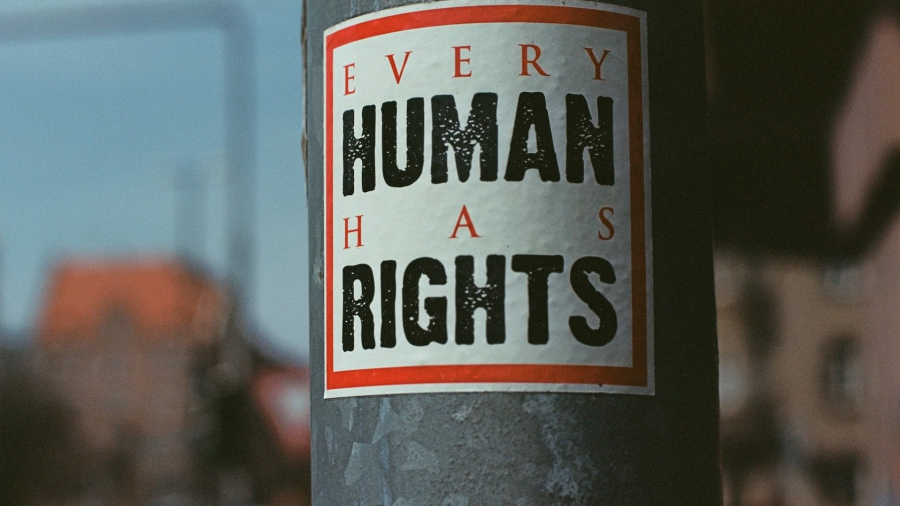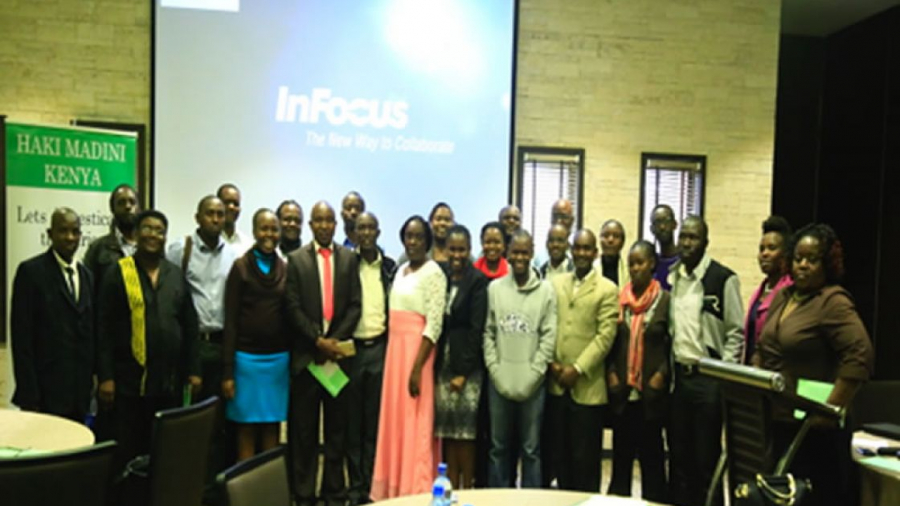On 2nd July 2018, The United Nations Business and Human Rights lead of four people, held a consultation meeting with members of the Civil Society. They held the meeting so as to understand the key issues on business and human rights in Kenya and received a few recommendations. The working group will also hold a consultation meeting in Turkana, Nakuru, Naivasha, Thika and Mombasa.
Land issue had several components of discussion such as; there is no framework for compensation, Resettlement policy is lacking and people have been left as squatters, Public information is covered and is not made available to the people, Corruption is playing a part because somebody is making decisions on behalf of the community and Community benefits are not put into consideration. For example if a community has sacred sites or beneficial trees those are not put into consideration.
Labour ministry is one of the least funded ministries in Kenya. Kwale County does not have a single labour officer. Director of Health and Security plans does checks once in 2 years. Most workers are victimized for joining unions and participating in activities. Workers have their produces rejected and farmers have gone home without pay. Diversity and inclusion at workplace is lacking. Homosexuality is illegal in Kenya and it makes access to services difficult for homosexuals.
They need to be protected at work and their issues addressed. Minimum wage is a big problem and majority of employers are not adhering to this. There is a lot of outsourcing which is not sustainable in employment and for the companies/organizations. Most employers have not provided for Creche facilities.
Taxation is connected to human rights. The questions asked were; how do we make the connection of tax justice and human rights behaviour? Are the buildings coming up affordable to Kenyans? The important parts in taxation are; Transparency so that there is no avoidance of tax. Tax havens, contracts entered by government. Companies should disclose their contracts and should also have Environmental Impact Assessment (However, this was recommended that NEMA and/or other agencies that are not the companies should do the assessment) and tax lobbying and advocacy should be done. This is meant to disclose, refrain and unwind.
Public issues have non-judicial mechanisms that can be used to solve them such as; mediation, task forces and implementation of recommendations. However Kenya Human Rights Commission did a good report for Malindi yet it has never been implemented. There is need of a grievance mechanism and awareness of what is available in court for public to utilize.
If you want to share factual information on key issues on business and human rights and recommendations send them to: [email protected] For more information on UN Working Group Consultation, visit: https://www.ohchr.org/EN/NewsEvents/Pages/DisplayNews.aspx?NewsID=23356&LangID=E


